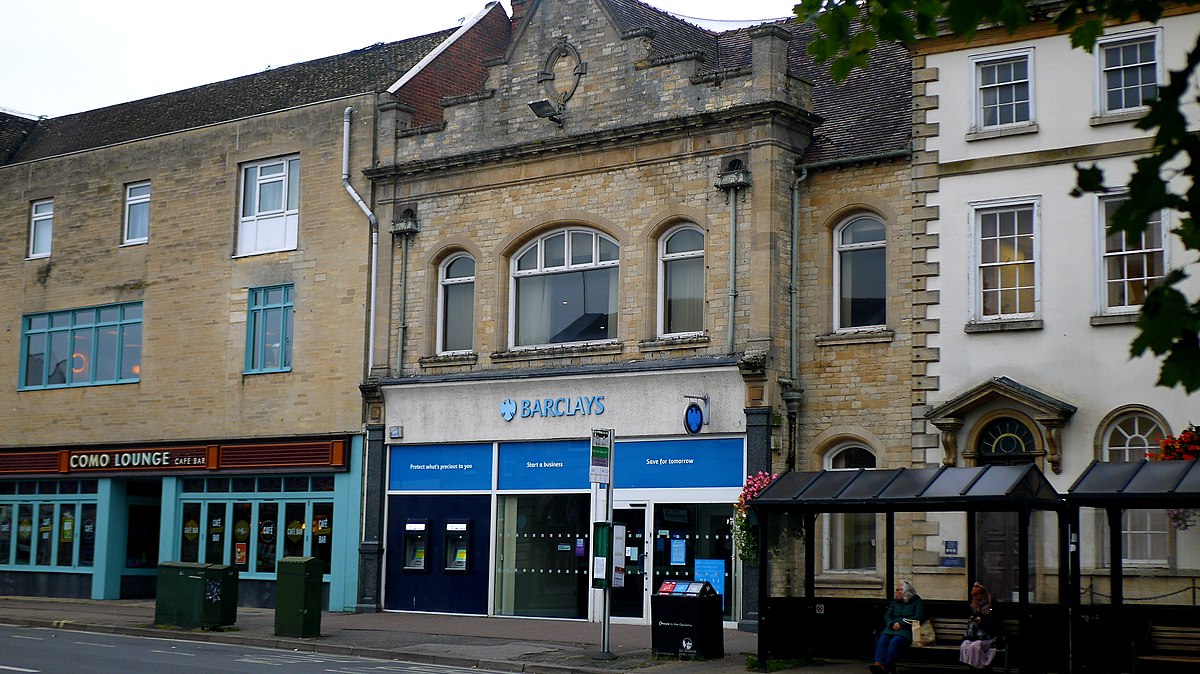The woes of Britain’s high streets are set to continue this month with the closure of 80 more bank branches, as Barclays, HSBC, Lloyds, RBS and Natwest all set to close sites. It marks the latest in a string of controversies for banks in Britain, which have been criticised for shutting down bank accounts without warning and failing to pass on interest rate rises to savers.
Consumers are also finding that it is increasingly difficult to communicate with their bank, with huge telephone queues and infuriating glitches to online banking portals making basic banking taks increasingly awkward and time consuming.
On Tuesday 28th February the matter of high street bank closures was debated in Parliament, where Alex Davies-Jones, Labour MP for Pontypridd said: “Colleagues representing rural, semi-rural and urban constituencies alike will all be familiar with the worrying trend of bank closures on the UK’s high streets. In the late 1980s, over 20,000 bank branches were open across the UK. Today, just 5,000 bank branches remain—a 75% decrease since 1980. Since 2015 alone, well over 5,000 bank branches have closed. On the eve of St David’s Day and as a proud Welsh Labour MP, I am particularly stunned by the statistic that Wales has lost an astonishing 43% of its bank branches between 2015 and 2019”.
Chris Elmore, Labour MP for Ogmore, replied that: “In my entire constituency, there is now one bank left for 58,000 constituents. There is a real problem around the banking charter that the Government need to address”.
Davies-Jones added: “We are seeing a real need for a presence on the high street, because banks support so many local businesses,” with retailers also contending with high inflation and rents that never seem to stop rising. “The seemingly never-ending stream of high street bank closures is leaving behind the 5 million adults who still rely on cash to a significant extent for most of their purchases. As the cost of living crisis continues to cause immense pressure for thousands of people across the country, there have been reports that cash usage has increased, not decreased, because it makes budgeting feel easier.”
The headlong rush towards a cashless society is also bad news for shop owners and market stall holders, who are missing out on purchases that potential customers – especailly the elderly – would rather make in cash. Whilst QR Codes and credit cards are cool for some, for many others who aren’t welded to smart phones they’re an exclusionary annoyance.
The digitised economy, Davies-Jones continued saying, “fundamentally relies on digital infrastructure to support it. In rural and semi-rural constituencies, which many of us represent, we require decent mobile signal and broadband, but often it is very poor. Many businesses tell me that they do not feel able to make the switch to card payments or online banking because they do not have the infrastructure to support them reliably to carry out their business.
But, she says, “Banks are more than just a place to withdraw cash; they are the centrepiece of our high streets, providing support for the community groups, small businesses and charities that rely on their presence. A small business in my constituency that may not feel able to accept card payments and is therefore reliant on cash will no doubt depend on its local branch for business banking and cash deposits. When branches close, it is not just consumers who will suddenly have to travel significant distances to the next nearest branch. Local businesses will travel, too, taking with them much-needed local jobs. Really good jobs are going elsewhere because of bank closures on the high street.
“Such a time-consuming inconvenience is a major barrier to the growth of our local economies and high streets. It threatens the livelihood of small local businesses altogether, furthering the risk of a decline of our high streets. 752 businesses across my constituency have told me that they cannot justify moving to card payments because they do not feel that broadband in the area is reliable enough.
“In Ponty town alone, from the traders running stalls outside on Market Street to the historic units inside Ponty market, retailers need us to retain the local bank branches that underpin so many small businesses. Without the high street banking infrastructure to support them, we risk losing our incredibly important small businesses, many of which have been trading for generations and should be there for generations to come.
“Since I was elected to this place, I have been a vocal champion for our high street, for footfall and for the opportunities that are needed to regenerate Pontypridd and Taff Ely. The local businesses in the communities I represent have already suffered a serious blow under the pandemic and are now being hit further by the cost of living crisis. Closure of these crucial bank branches will only decrease footfall further.
“Without action from the UK Government to tackle the epidemic of high street bank closures, our local economy will still fundamentally be held back and our high streets will suffer as a result”.

















